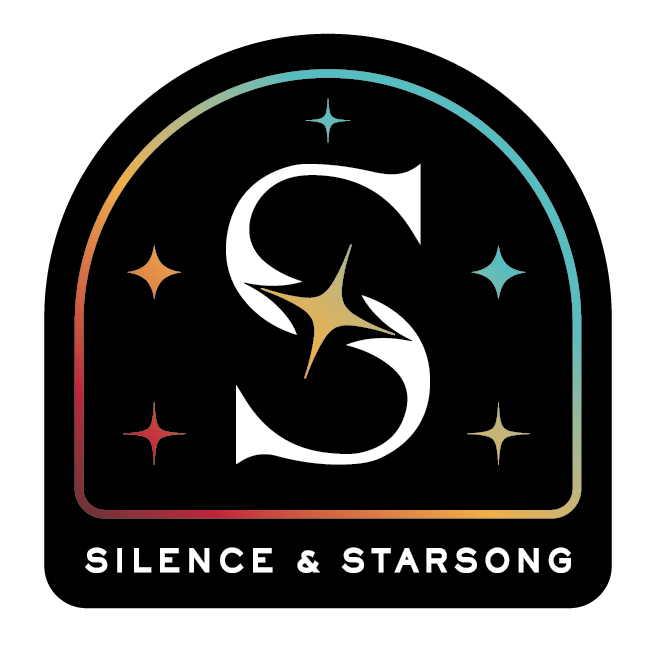Osage Ginny
Here’s the final story we’ll be posting from our flash fiction contest.
###
The pool rose when the first sun rose. At least, that’s what the old Osage men and women had told my great-great grandfather when he had bought our family land from a fullblood Osage woman who had lied about her lineage so she could sell her land. The legend said that the pool rose from the earth and filled its banks by midday. Then the trees rose from midday to sunset and all things that were here had been here ever since. Every time I approached the shore, including this time, it did have that ancient feeling that a hidden pond in old Anglo-Saxon haunts or a hidden brook of Israel might have. Saints and sinners had slaked their thirst here and then went on to do their deeds.
Our barbed wire fence had kept out most saints and sinners and livestock for eighty years. My grandfather and father had kept their cows and themselves away from the water. As a boy it had made no sense to me. Water was precious here and why would we deny the best of it to our animals and ourselves. Natural springs and creeks are coveted by ranchers, but my fathers feared this place. They had fenced it off completely without even adding an access gate. As a kid I had to slip between the barbed lines and ground. Now, I straddled the top line on tip toes and carefully lifted one leg after another. I still get nervous coming here as if Grandpa or Dad will shout at me, “Get your ass back over here!” Not chiding me but warning me.
The Osage said that the pool drew the contrite to itself. If I told you what I had done to bring myself here, you would probably hate me. If I told you why I had done it, you would likely want to hold my head beneath the water until I came to a dead float. I was contrite and I sought relief from my contrition. The Osage said I could find it here. They said some of the light from the first sunrise had stayed in the pool and that she would yield up that light to those who had come to darkened days. I had come to darkened days. I had admitted as much when I had reached the water. The pool rested beneath giant cottonwoods and black willows. But as I made my confession the pool rose in the middle like a child that had completely covered itself with a blanket and now stirred at the voice of its father. I had come here in a dreary dusk, but now that first sunrise rose again with the pool and lit the trees from below and burned off any mist that had hung over the water. I had come to the pool warm under my jacket, but now I sweated. I shed my jacket and dropped it behind me. The blanket of water swelled toward me until it was a few yards from the shore. Then the swell broke away. The light was held in her hands and the water quieted and stilled around her. She was tall, Osage with long braided hair that rested on each shoulder, fell down her arms past her bent elbows, and trailed into the water behind her. The water went up to her knees, though her head should have been beneath the water. She was dressed similar to the pioneer women who had joined my fathers to settle this land. Water dripped from her arms without making ripples. The light came from her hands and in her hands was a small campfire like so many that had burned on this plain. It grew warmer, but I dared not shed anymore clothing because of the cold that lay behind me.
“Ask me to come,” she said.
“Please, come,” I said.
She walked toward me. The light’s heat felt like smoke to my eyes. I closed them.
“Open your eyes,” she said.
I opened them. She was very near to me now, but the heat had subsided and no longer felt like smoke to my eyes. I could faintly taste vinegar as I breathed quick short breaths through my mouth.
“Invite me in,” she said.
I looked around me, then back to her. “Come in,” I said.
She lifted a foot from the water, still holding the campfire. She placed the foot between my legs and lifted me off the ground. It felt like a bicycle seat pressing up beneath me. Then the fire extinguished without smoking. It was last light. My sweat was chilled by the sudden absence of heat. She placed her hands on my shoulders and held me more strongly than any man ever had. Her braids suddenly drew taut and her head snapped backward. Something old and attractive pulled us down beneath the surface. I wanted to go. I knew I would never find relief.
